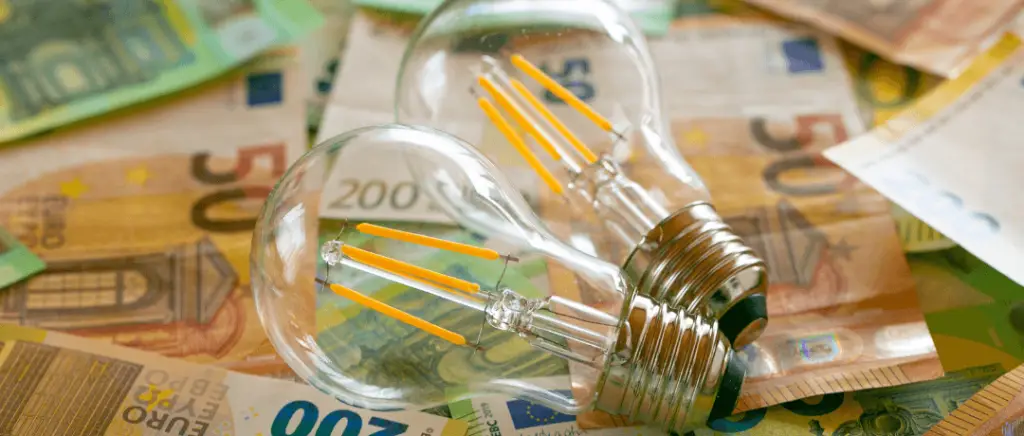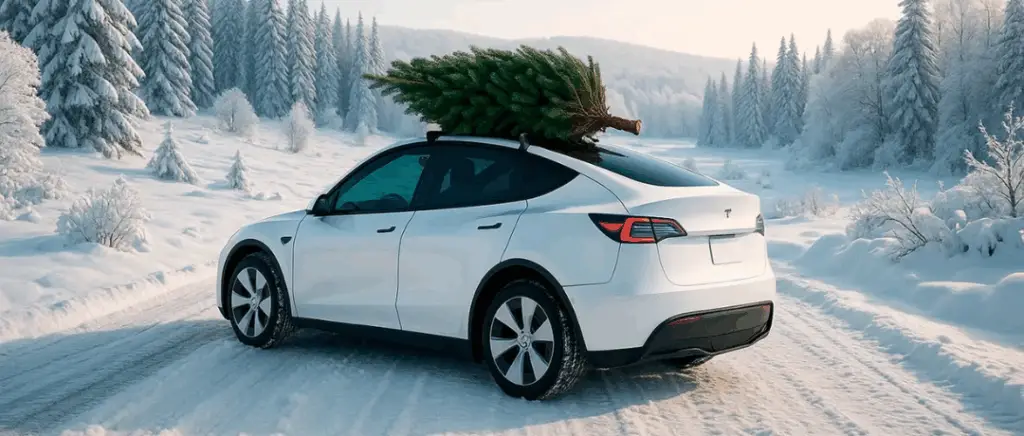Monday to Friday
9am - 12.30pm - 2pm - 7pm
What is the rate increase since 1ᵉʳ February 2024?
On 1ᵉʳ February 2024, electricity tariffs rose by 8.6% for basic subscribers and 9.8% for those with the peak/off-peak optionrespectively affecting 10.6 million and 9.3 million consumers. Some could even see an increase of more than 10%, depending on their energy supplier. Naturally, this increase applies to both residential and business users,
This sudden increase is in response to the gradual end to the tariff shield government, initiated in October 2021, following the tensions in Ukraine. This protection of the purchasing power of French citizens has contained a significant rise in energy costs compared with other European nations to slow the effects of inflation.
Against this backdrop, the Government reduced the domestic tax on final electricity consumption (TICFE) à 1 per megawatt/hour, compared with 32 euros before the crisis.
This tax in question is gradually increasing to 21 € 1ᵉʳ February 2024, before returning to its normal level in February 2025.
What about my home charging point?
That said, it is important to remember that the cost of electricity for French households has risen from from €0.2273 to €0.25 (price per kWh) for the EDF Blue Tariff, affecting more than 25 million households in France by 2024.
This increase in the price of electricity, estimated at 22 for every 1,000 kWh consumedThis means an additional cost of around €20 for a 5,000 km journey in an electric car, if recharged at home.
According to EDF estimates cost of home recharging for an electric car equipped with a battery for 50 kWh is around €3.4. In addition, this energy supplier estimates that for every 100 km travelledThe cost of recharging an electric vehicle varies between 2 and €11regardless of the charging method used.
On the other hand, according to Engie, the cost of a home top-up varies from :
- 2,22 à 3,70 € during peak hours (depending on the power of the terminal and the consumption of the vehicle),
- 1,34 à 2,24 € during off-peak hours.
Naturally, when charging at home, the calculation will include the choice of electricity contract and supplier, as well as the type of charging point installed.
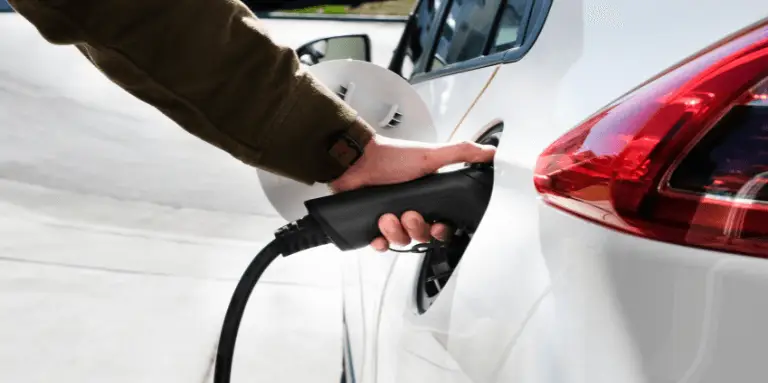
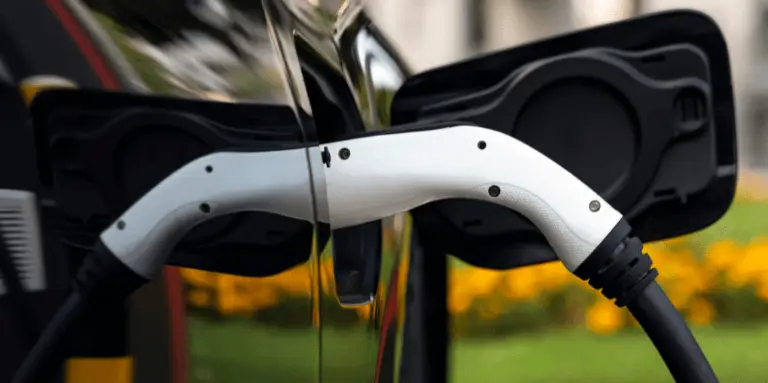
What about public charging points?
Until now, developers of recharging infrastructure have benefited from state aid via their electricity supplier to contain the cost of recharging for drivers. However, the end of the tariff shield applies to everyone.
As a result, suppliers will adjust their tariffs for public charging points. However, the changes to the tariff schedule may not be immediate because of the time lag between the application of the new electricity tariffs by the government and the adjustment by suppliers.
However, the consequences of rising energy prices are far more complex to assess and predict than those of home charging.
As with domestic charging points, the price of charging varies considerably depending on :
- terminals,
- operators,
- hours of recharging,
- subscription types.
You'll need to remain vigilant and compare prices wherever possible to keep costs as low as possible.
Recharging is still more affordable than a combustion car?
Although electricity prices have risen significantly recently, fuel prices seem to have remained more constant. Despite this, the cost of petrol remains much higher for drivers of internal combustion vehicles.
In fact, the cost of recharging an electric car is around €2.50/100 km for home charging. By contrast, a petrol car is generally 3 times more expensive (according to Qovoltis).
For more information on this subject, please see our article on the comparison between electric and combustion carsor on electric vehicles will be cheaper than internal combustion vehicles by 2025.
Our tips for optimising the cost of recharging your electric car
With electricity prices soaring, optimising your charging costs is becoming crucial for electric vehicle drivers. Here's some practical advice to help you reduce your costs and get the most out of your electric vehicle. electric car.
Use free top-ups
In France, there are various options available for recharging your electric vehicle free of charge. However, it is advisable to check with the specialist services in your local authority. What's more, you may have to pay to park, but not to recharge.
We can find them here:
- in car dealerships,
- in the workplace,
- in town halls and local authorities,
- on supermarket/shopping centre car parks,
- in hotels and restaurants.
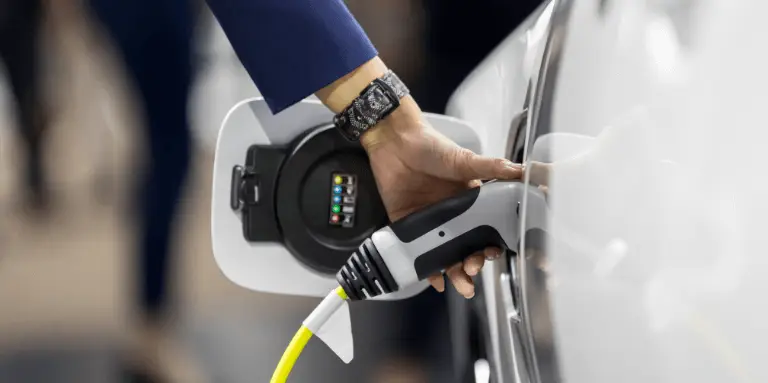
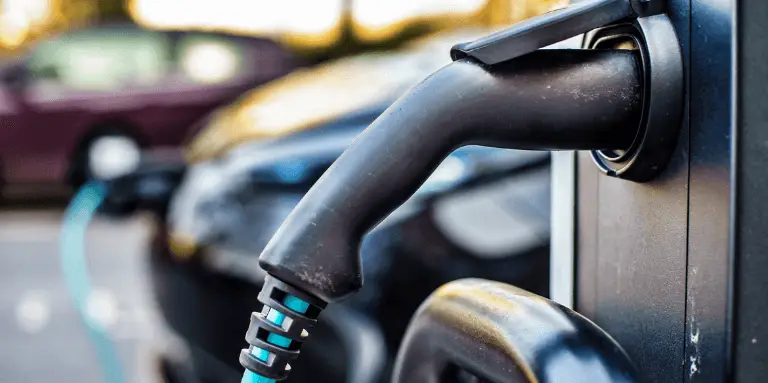
Practising eco-driving
This smoother ride not only reduces energy consumption, but also preserves battery life.
But how do you practiceeco-driving ? The answer is simple:
- Check tyre condition and pressure regularly,
- Apply the regenerative braking by releasing the accelerator,
- Drive flexibly and anticipate traffic conditions,
- Activate economy mode to optimise consumption.
In short, you'll minimise the frequency of charging cycles, and therefore electricity costs.
Read also : 8 tips for reducing the energy consumption of an electric car
Charging your vehicle between 20% and 80%
It is recommended not to charge the battery to 100 % to avoid premature degradation due to high cell voltages. But that's not all: your budget will appreciate it. The time required to charge from 80 to 100% is generally equivalent toThis is even longer than the time it takes to go from 20 to 80%. What's more, if the tariff calculation is based on duration and recharging beyond 80% is not necessary, stop at this threshold.
And so, prefer a load of 80 % and recharge only when necessary. In addition, a charge limiter can be fitted to block charging at 80 % or 90 %.
Read also :Optimising electric car charging at home
Compare tariffs for public charging points
Before recharging your electric vehicle at a public charging point, don't forget to check and compare the charging rates on offer regularly, as they can change over time.
Unplug your vehicle when the battery is sufficient
Indeed, many charging stations public networks charge by the minute to encourage the rotation of electric vehicles. After a set period of time, some networks apply very high rates, so it's best to remember to unplug your vehicle to avoid an excessively high recharging bill.
Conclusion
Rising electricity prices are an undeniable reality, but they don't have to spell the end of the electric car. By adopting a proactive approach and adapting to new market realitiesit is absolutely possible to continue driving electric economically and responsibly.
For the professionalsOptimising recharging costs requires intelligent management of the electric fleet and the implementation of optimised recharging solutions. What's more, companies can make the transition to electric power a real lever for performance and image, not to mention their obligation to respect the environment. LOM Act.
For the individualsRising electricity prices underline the importance of energy efficiency and responsible charging behaviour. Initiatives such as the installation of smart charging points and the use of off-peak tariffs can help to mitigate the financial impact of these price changes.
In conclusion, the future of the electric car remains promisingespecially as support for the installation of recharging points are still relevant today.
Discover the electric cars available from Beev
